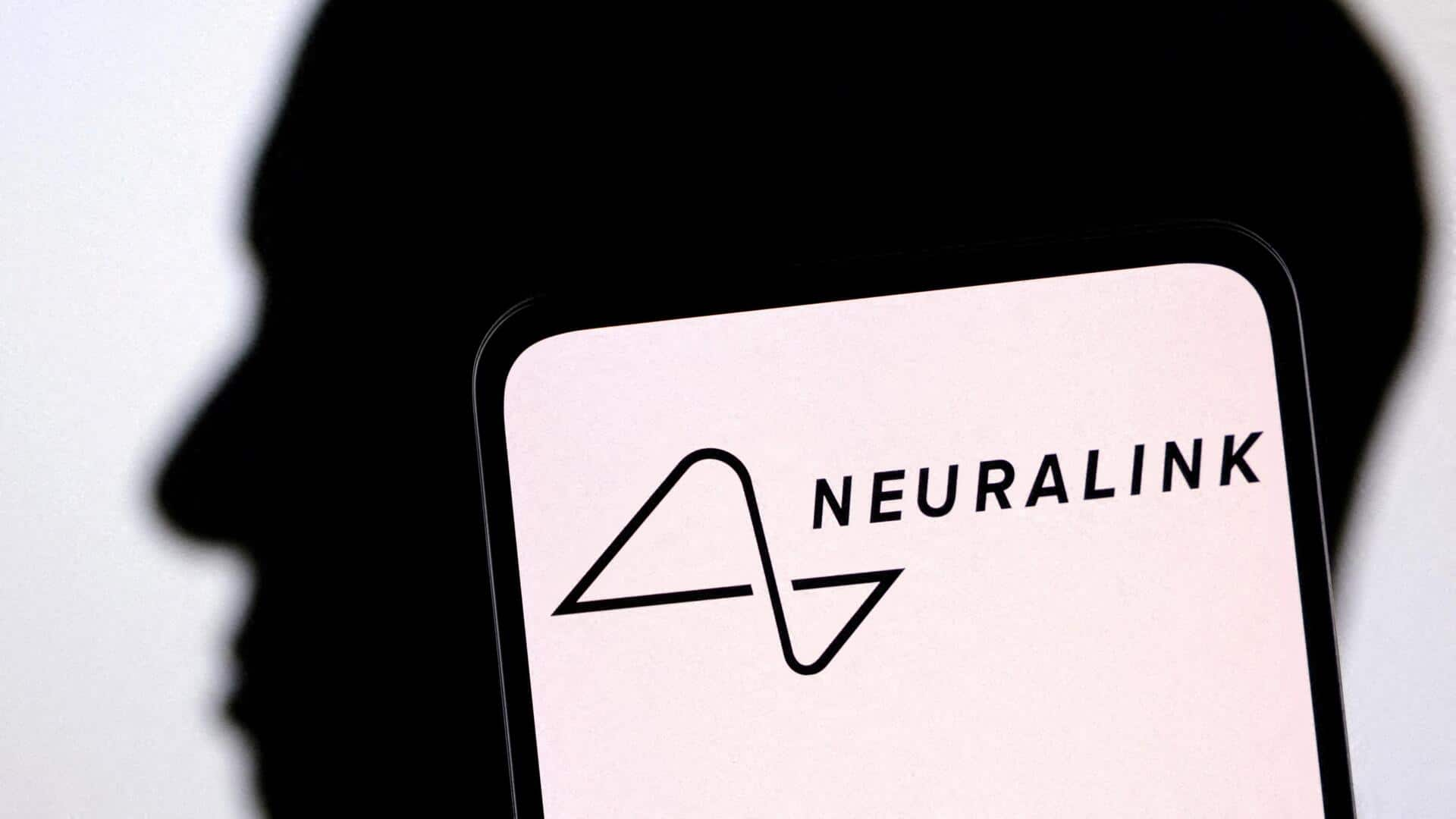
Musk's Neuralink to implant chip to restore vision this year
What's the story
Tech billionaire Elon Musk has revealed plans to implant the artificial visual prosthesis of his company Neuralink, Blindsight, into a human by this year.
Musk, who recently held a Town Hall event in Wisconsin, sounded optimistic about the groundbreaking development.
He said Neuralink hopes, "to have a first device implant for humans enabling someone who is completely blind to see."
Initial limitations
A step toward 'superhuman' vision
Musk also provided more details about the Blindsight implant, saying it will first offer low-resolution vision.
He compared it to "Atari Graphics," suggesting a humble beginning.
However, he also hinted at the possibility of enhanced capabilities in the future.
"It'll start off with very low-resolution but then over time, the implant would eventually enable vision that is superhuman," Musk added during his presentation.
Animal trials
Blindsight chip shows promise in animal testing
The development of the Blindsight implant has yielded promising results in animal testing. Musk revealed that the device has been working well in monkeys for a few years.
This successful testing phase is an important part of the process toward human implantation, marking a key milestone in Neuralink's journey toward revolutionizing vision restoration technology.
Implant details
A breakthrough in vision restoration
The Blindsight device features a microelectrode array, which is implanted in the visual cortex, the region of the brain that processes visual information.
It is programmed to stimulate neurons or nerve cells in this region according to patterns relayed from a camera.
This unique method could restore vision even for people who have lost both their eyes and optic nerve.
Regulatory approval
FDA recognizes Blindsight chip as 'breakthrough' device
In September 2024, the experimental Blindsight device was given 'breakthrough' status by the US Food and Drug Administration (FDA).
The designation is awarded to medical devices that offer treatment or diagnosis of life-threatening conditions.
However, experts have clarified this doesn't mean a cure for blindness has been developed but rather aims at speeding up the development and review process of such devices.